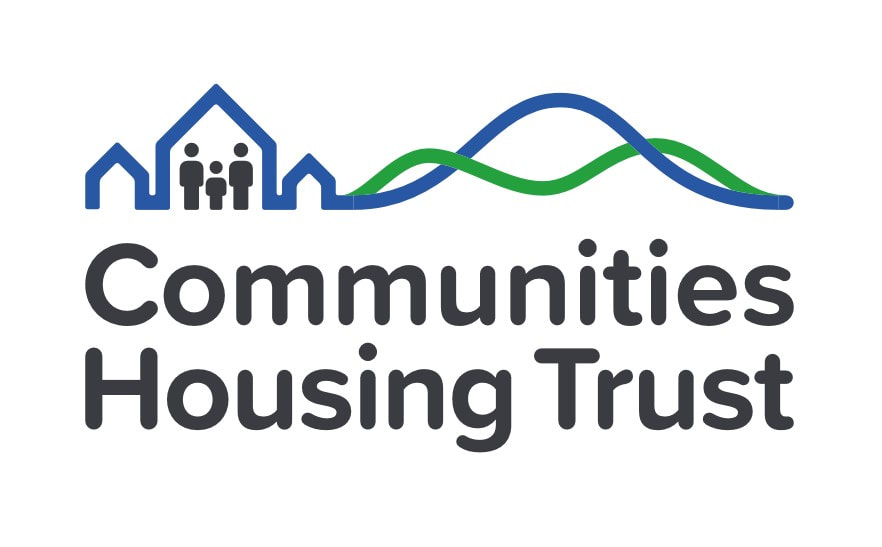|
This blog is part of a monthly series about community-led housing in Scotland, jointly written by Mike Staples, Chief Executive at South of Scotland Community Housing (SOSCH), and Ronnie MacRae, Chief Executive at Communities Housing Trust (CHT). Between us we’ve worked with hundreds of communities across Scotland, facilitating well over 1,000 affordable homes. In a 2021 survey of Badenoch & Strathspey, the Cairngorms Business Partnership found that 68% of businesses reported a shortage of housing had impacted on their efforts to recruit staff, and 60% felt that a shortage of housing had impacted on their efforts to retain staff. 35 businesses reported people had declined job offers due to their inability to secure housing, with 91% saying it was a recurring issue.[1] A study in April by Mull & Iona Community Trust showed that 78% of businesses report that the lack of worker housing is impacting on their current operation, and 73% believing it creates staff retention issues.[2] A recent survey of Glenkens and District Trust similarly indicated critical challenges securing enough housing to attract and retain staff from some of the region’s largest employers. This picture is reflected across Scotland, with areas heavily reliant on tourism affected most acutely. In November 2021, over a third of Scottish businesses reported experiencing a shortage of workers, and around half of businesses in the hospitality and construction sectors struggled to fill vacancies.[3] “The future of our business is seriously at risk. We are already being forced into reduced operating hours and staff pressures are making this worse all the time. We are able to offer really attractive terms to work here and staff would love to move here, but it is almost impossible due to housing shortages.” This is a dire situation. Not for any grand aims of economic recovery or growth, but simply because it’s affecting people’s ability to live day-by-day, let alone live well. Private rented tenancy legislation has had a negative impact on availability of worker housing, especially in rural areas. It’s a complex area, and we would recommend a review between Scottish Government and estates and landlords, to ensure that appropriate amendments are implemented which work for all. There’s a clear need for short-term, emergency accommodation to support businesses, which cannot be supported through schemes such as the Rural & Islands Housing Fund. We therefore need to come up with ways of assisting and enabling accommodation for workers. Between SOSCH and Communities Housing Trust, we believe we have developed some of the solutions and would welcome the opportunity to explore these and implement them on a wider scale, with appropriate support. At the risk of sounding like a broken record, this issue can be tackled effectively through a community-led approach. Housing workers in rural and fragile communitiesIn rural, remote or fragile communities, affordable homes close to key employers help attract and develop a skilled workforce. Such homes also build resilience by creating diverse work opportunities for residents. Some large employers have historically provided housing for their workers; some did so until the pandemic when the homes were sold off; some are looking into it now as a pressing issue. An alternative approach would be businesses and staff, or indeed just communities more broadly, coming together to jointly provide homes. The affordable, high quality, healthy homes and spaces that community-led housing creates (see our previous blogs, for example here and here) help make remote or rural communities attractive places to live and work. They also help combat urban drift that many of the communities we work with are experiencing. This includes a concerning outward migration of younger people, unable to find jobs and housing, leaving behind ageing populations vulnerable to reductions in services as there are simply not enough working-age people to keep them going. How it works It’s a simple idea to live near where you work. Living locally reduces commutes, prioritises green transport networks, keeps spending power locally, and frees up time for other things, increasing quality of life. It supports the principles of a ’20-minute neighbourhood’ with positive climate impacts and promotes circular economies. In reality, this simple idea may present a huge challenge for rural communities. Community-led housing presents a feasible solution to these complex environmental and economic issues. A main benefit of community-led housing is that it can be flexible and responsive to peoples’ needs, including shifts in work patterns, commuting, and spacial requirements. For example, it may include a community hub or co-working space to support the changing needs of working people throughout the ongoing pandemic. The community development trust All Roads Lead to Whithorn (ARLTW) in Whithorn, Dumfries has refurbished two family flats on the high street for local people. At the same time, ARLTW is refurbishing the Town Hall into a Hub and Bunkhouse that includes flexible space and a learning hub to support the community’s co-working and learning needs. The Hub is projected to provide up to £100,000 worth of community and tourism benefits each year, with many visitors attracted by the popular Whithorn Way pilgrimage.[4] 12 community-led affordable homes in Tomintoul in the Cairngorms have just opened for applications, a partnership between Tomintoul & Glenlivet Development Trust and the Communities Housing Trust. Futureproofing includes energy efficiency measures, PV panels and EV chargepoints, as well as homeworking space in some homes, in response to community needs. In addition, community-owned housing often provides rental income that can be reinvested within the local community. Case studies In Colonsay, there are just two pupils left in the primary school. There are fewer than 10 residents aged 18-30, and the island is struggling to keep the ferry, plane and fire services going (on top of ‘normal’ jobs, of course). Over 40% of housing stock on the island is now holiday- or second-homes, with very few options for available affordable housing stock. The issue here is overemployment with the threat of services closing, leaving working-age residents stretched to breaking point. Outside the main settlement of Scalasaig, the Communities Housing Trust negotiated a sale of land from the estate, and work has begun on up to 24 affordable homes in partnership with Colonsay Community Development Company. All these homes will be protected for use by the local community, and their affordability will also be protected in perpetuity. A second site will provide new commercial units and workshop space. The community are leasing some of the land to MOWI, who will provide an additional three houses of multiple occupancy for their own staff, as recruiting and retaining staff was a recurring issue for the company’s Colonsay site. As and when MOWI decide they don’t need the homes anymore, they will return to community use.
The four new Police Station homes in Langholm delivered by the Eskdale Foundation and SOSCH in 2021 play an important role in supporting other regeneration and repopulation efforts in the area. The Langholm Alliance, an umbrella community organisation approved by Scottish ministers to oversee the economic regeneration of Langholm by 2030, brings together 73 groups working to increase economic vibrancy in the town. This concerted effort to attract more businesses, employees, and boost the tourism industry in Langholm in the wake of its textile industry decline urgently requires affordable homes. The Old Police Station homes support the town’s wider ambitions by providing secure and attractive places to live for people moving or returning to Langholm. SOSCH supported Wigtown & Bladnoch Community Initiative’s (WBCI) refurbishment of a former Bank of Scotland building on the Wigtown High Street. The community created two new affordable homes and a bunkhouse for 8 visitors. WBCI will employ full-time staff to manage the bunkhouse. . As Scotland’s National Book Town, tourism is important to Wigtown’s local economy, and this project means the community can directly benefit from its growth. SOSCH is also currently supporting Glenkens and District Trust in planning the delivery of community-led housing across the region. In addition to a community housing survey that was sent to residents, SOSCH surveyed large employers in the Glenkens and District area to establish housing need and demand from their workforce. This data helps establish a picture of the housing issues key employers face when recruiting staff, as well as difficulties existing employees have in securing housing. [5] One large employer in the region reported: New staff relocating to the area have found it challenging to find affordable and available accommodation… [A]s an organisation, the lack of readily available housing could lead to potential new staff looking elsewhere. The bottom line Community-led housing is a sensible approach to deliver worker housing in that it not only tackles the current need in the community, but it plans for future need by working with local people, businesses and employers. It creates affordable and long-lasting homes that attract and retain new people into the community, and supports sustainable, thriving populations and economies. Community-led housing enables communities to prepare for the future they would like to see. References:
[1] Communities Housing Trust Report for Cairngorms Business Partnership on Multi-tenure Development for Affordable Housing, May 2022 [2] See https://www.mict.co.uk/wp-content/uploads/2022/05/Mull-and-Iona-Key-Worker-Housing-exec-summary.pdf (May 2022) [3] See Cabinet Secretary Kate Forbes’ statement to Scottish Parliament, 11 January 2022: https://www.gov.scot/publications/labour-shortages-debate-cabinet-secretarys-statement/ [4] https://www.southofscotlandenterprise.com/news/components-folder/filtered-listing-panel/whithorn-town-hall-to-be-brought-back-to-life [5] SOSCH Housing Needs and Demands report for Glenkens and District Trust, March 2022 available at: a7a70d_ad9c8e50d69e47e3b2938c955b4ffbad.pdf (glenkenstrust.org.uk) Affordable housing developments in Aviemore and Gairloch won awards at the Chartered Institute of Housing (CIH) Scotland Housing Awards last night in Glasgow. The developments were both led by the needs of the local communities, and undertaken by the Communities Housing Trust (CHT). Held annually by CIH, the awards recognise and celebrate the creativity, passion, and innovation of housing organisations and individuals across the sector in Scotland. The Achtercairn site in Gairloch won the ‘Excellence in Regeneration’ award. The community-led project was undertaken by CHT in collaboration with many local and regional partners, and completed in 2020 during lockdown. It includes a mix of affordable housing, new shops and commercial space, and the GALE Centre which is Scotland’s first public building to be awarded Passivhaus status. It is an example of a climate-friendly ‘20-Minute Neighbourhood’, where key services and amenities are a 20-minute walk, cycle or drive from home. It supports the local circular economy and wider area, while reducing the need to travel. The regeneration project has given the village a bustling new centre, while addressing some of the inequalities faced by rural communities, such as access to affordable housing, education opportunities, and shops and services. CHT were also awarded ‘Excellence in Housing Innovation’ for the Old Sawmill development at Rothiemurchus near Aviemore, in partnership with members of the local community and the Rothiemurchus Estate.
It provided a total of six self-build homes: four affordable plots for the local community that required no public subsidy, and two open-market plots, within the Cairngorms National Park. The affordable self-build homes all have the Rural Housing Burden attached, a legal title condition which protects the property’s affordability in perpetuity and prioritises the local community in future sales, helping prevent holiday- and second-home ownership. Details on both developments now feature in the CIH Scotland Good Practice Compendium 2021. Ronnie MacRae, CEO of Communities Housing Trust, said: “It’s brilliant to have two of our community-led projects in the Highlands recognised in this way, we’re extremely grateful to CIH for the two awards. It also shows what can be achieved through working collaboratively, and we’re glad to be able to show what’s possible for other rural communities in Scotland, as well as elsewhere in the UK. We’ve housed local families and keyworkers in energy-efficient, affordable homes built with sustainable materials. Both developments reduce rural inequalities and the need to travel, and support and promote the local circular economy, while meeting the objectives of the Local Authority and Scottish Government. Thank you and well done to our many partners, and thank you to our funder Nationwide Foundation for supporting community-led development in Scotland.” Janet Miles, the managing director of Gairloch & Loch Ewe Action Forum (GALE), said: “Everyone at GALE is delighted that Gairloch has been recognised for its achievements in regeneration. We're very proud of the part GALE has played in this, having been driving community-led regeneration in the area for over 20 years now. Our vision was to create a community-owned, social and economic hub in the derelict centre of the village - a physical heart to the community. The development has enabled us to turn this vision into a reality.” Commenting on the awards, Callum Chomczuk, CIH Scotland director, said: “I am so pleased we have been able to return to our in-person Scotland Housing Awards for 2021. The Awards and accompanying Good Practice Compendium is one of the most important activities for CIH Scotland undertakes each year. “It promotes and highlights how housing professionals make a difference across Scotland and impact the wider public policy objectives that make a difference to all our lives. Never has this been more important as navigate our way through the twin challenges of an unprecedented global pandemic and climate emergency. “My congratulations to all our winners but also all our nominees. The standard of application was as ever incredibly high and a testament to the innovation and delivery that our profession should be proud of.” Kate Forbes, Highland MSP and Cabinet Secretary for Housing address Cairngorms Housing Summit22/11/2021 Business leaders, public sector and community representatives came together today to discuss the housing crisis in Badenoch & Strathspey with Kate Forbes, Highland MSP who is also Cabinet Secretary for Finance and Economy and Shona Robison, MSP, Cabinet Secretary for Social Justice, Housing and Local Government. The summit at Macdonald Aviemore Resort and led by the Cairngorms Business Partnership brought together some of the significant employers in the area and leaders from Highland Council, Cairngorms National Park Authority, Highland Housing Alliance, Communities Housing Trust, Government Officials, Highlands and Islands Enterprise and representatives of the local community. The summit discussed work underway to help people, who want to live in, work in and care for the area, find homes. Ms Robison, who opened the summit, commented: “Good quality, affordable housing is essential to help attract and retain people in Scotland’s remote and rural communities. As part of our £3.4 billion Affordable Housing Supply Programme we have delivered more than 6,000 affordable homes in rural and island communities between 2016-17 and 2020/21. Building on this, we are now working to deliver 110,000 affordable homes across Scotland by 2032, of which 10% will be in our remote, rural and island communities. This will be backed by a Remote, Rural & Islands Housing Action Plan – we now want to engage with community organisations and those in the public and private sector to ensure it delivers for people in these areas.” The results of a recent business housing demand survey, conducted by 56 Degree insight, were released at the summit. The results found that:
The summit also discussed an innovative scheme being led by the Cairngorms Business Partnership (CBP) to improve the prospects for local employees looking to rent homes in Badenoch and Strathspey. In a pilot partnership with Highland Council and the Highland Housing Alliance (HHA,) with support from Highlands and Islands Enterprise, the CBP will establish a not for profit, business led, organisation that will offer rent void guarantees to HHA and in return properties will be allocated based on local employment needs. The initial pilot for 4 homes in Aviemore is expected to be available for occupation in summer 2022. Commenting on the scheme, Mark Tate, chief executive of the Cairngorms Business Partnership, said: “The lack of affordable homes for people who want to work in, live in and care for the National Park, has long been a problem. This past summer it has severely impacted business recovery. This pilot clearly demonstrates that businesses are prepared to make a contribution to help alleviate the problem and ensure new mid-market rent housing is available for people working locally. We very much see all of the work we are discussing here today as work that we can replicate across the National Park and can be useful for many rural communities beyond that.” Convener of Highland Council, local councillor and Aviemore resident, Bill Lobban added: “The biggest issue facing our community is the provision of affordable housing. Our economy is almost exclusively tourism based so we do need accommodation for tourists but we also desperately need homes for the local people who live and work here many of whom serve the tourists who come here in their droves. There has to be a balance and currently that balance has shifted far too far away from the provision of affordable housing and we must redress that balance as a matter of urgency.” Finally the summit heard from the Communities Housing Trust who have been commissioned by the CBP with support from HIE, about a longer term ambition to develop a community of around 80 homes from short term seasonal worker accommodation to homes for people to build, buy, buy to rent and rent of varying sizes built around a community of local people; fitting for a National Park delivering economic, community and environmental sustainability.
This scheme has the ambition of keeping at least 80% of those homes for local employees and people who want to live, work and care for the area in perpetuity. There then followed a positive discussion about how these schemes can be improved further and a commitment from all parties to build on these solutions in a way that allows them to be scaled and replicated across the National Park and further. Xander McDade, Convener of the Cairngorms National Park Authority, said: “The availability of affordable housing is an issue of profound importance to the communities and businesses of the National Park, something which is again coming across loud and clear from our consultation on the next Park Partnership Plan. Having recently increased the affordable housing requirement to 45% in key settlements, we welcome today’s announcements and look forward to working with partners on substantially increasing affordable housing as set out in the draft National Park Partnership Plan.” Closing the meeting Ms Forbes commented: “I am delighted that the Housing Minister, Shona Robison, is spending time with businesses to seek to resolve this major issue. “There are tools at our disposal, in terms of building and securing more housing, but we need to make sure it is the right kind of housing for those who are most in need.” We are delighted that the Old Sawmill development at Rothiemurchus near Aviemore has been selected as a joint winner in the Rural Housing category of the Scottish Land & Estates Helping It Happen Awards, at a virtual ceremony on 27 October. The development is a collaboration between members of the local community, the Rothiemurchus Estate, and the Communities Housing Trust. It provided a total of six self-build homes on Rothiemurchus land: four affordable plots for the local community that required no public subsidy, and two open-market plots, within the Cairngorms National Park. This cross-subsidy model has now been incorporated into the Cairngorm National Park's Local Development Plan, to provide affordable housing on exception sites, which will support other communities adopt a similar model if needed. The affordable self-build homes all have the Rural Housing Burden attached, a legal title condition which protects the property’s affordability in perpetuity and prioritises the local community in future sales, helping prevent holiday- and second-home ownership. Read more about the development in the case study here, and more on the award here. Watch a short clip with Lesley McKenna, Old Sawmill co-operative member and resident who helped drive the project forward: Susan Hunter, Principal Officer of CHT, said: "We are delighted to win this award as it exemplifies the objectives of CHT. This development has been successful thanks to Johnnie Grant of Rothiemurchus for being open to finding a way to provide land for affordable housing; the absolute determination and staying power of the four families who put in a tremendous amount of work in taking it through the planning process; the CNPA for recognising the cross-subsidy model and the desperate need for affordable housing; and the CHT team involved in developing the model and making the serviced plots available. The importance of the Rural Housing Burden in rural housing provision is illustrated in these hard-fought homes, as if they are offered for sale, CHT's right to buy back will ensure they will be sold on to other families in the community at a discount from market value."
On the night, we were really pleased that Rothiemurchus also won the award for Tourism & Visitor Management, and Scourie Community Development Company (SCDC) won the award for Working With Communities. We are working in partnership with SCDC on the north west coast to provide community-led affordable homes, and have conducted a land audit, a housing needs survey, and community engagement work on their behalf. Click here for the full list of winners. Congratulations to all finalists and winners, and thank you to SLE and all the event sponsors! Communities Housing Trust is delighted that two of our developments have been shortlisted in the Chartered Institute of Housing (CIH)'s Scotland Housing Awards 2021. Our collaborative development with Rothiemurchus and members of the Aviemore community has been shortlisted in the Excellence in Housing Innovation category. The Old Sawmill development provided a total of six self-build homes on Rothiemurchus land: four affordable plots for the local community that required no public subsidy, and two open-market plots, within the Cairngorms National Park. The affordable self-build homes all have the Rural Housing Burden attached, a legal title condition which protects the property’s affordability in perpetuity and prioritises the local community in future sales, helping prevent holiday- and second-home ownership. The community-led development at Achtercairn in Gairloch has been shortlisted In the Excellence in Regeneration category. This large-scale development to regenerate a derelict brownfield site in the centre of the village provided 25 affordable homes of mixed tenures; the GALE Centre tourist information hub, community shop & cafe (Scotland's first public building to be awarded Passivhaus status); farm shop; Air Training Corps facility; and further sites for development. We worked closely with the local community and a broad range of partners including Albyn Housing Association, Gairloch & Loch Ewe Action Forum (GALE), HIE, Highland Council, and University of the Highlands & Islands. The winners of the CIH Scotland Housing Awards will be announced in a ceremony in Glasgow on 25 November 2021. Congratulations to all other finalists and a range of projects!
The Old Sawmill development at Rothiemurchus near Aviemore has been selected as a finalist in the Rural Housing category of the Scottish Land & Estates Helping It Happen Awards. The development is a collaboration between members of the local community, the Rothiemurchus Estate, and the Communities Housing Trust. It provided a total of six self-build homes on Rothiemurchus land: four affordable plots for the local community that required no public subsidy, and two open-market plots, within the Cairngorms National Park. The affordable self-build homes all have the Rural Housing Burden attached, a legal title condition which protects the property’s affordability in perpetuity and prioritises the local community in future sales, helping prevent holiday- and second-home ownership. Aviemore is a highly desirable area, with challenges of land availability and planning, limited available housing stock, and even less affordable housing. With an urgent need for new and fair middle-market opportunities and solutions, several local families formed a co-operative and approached Johnnie Grant of Rothiemurchus to tackle the issue, with the Communities Housing Trust brokering the unique cross-subsidy model to provide the plots. The high-quality family homes use local and sustainable materials where possible, and embody the Rothiemurchus vernacular with larch cladding and tin roofing. The homes, each built to individual specifications, are highly energy-efficient and air-tight for environmental reasons and to reduce running costs, another aspect of affordable homes, with air-source heat pumps. There is also a 12-year tree-planting plan on the site.
The Old Sawmill development is the first project to benefit from the Dr & Mrs Steven Faulds Memorial Fund, which is dedicated to buying land, servicing plots and facilitating self-builds, and is administered by the Communities Housing Trust. Ronnie MacRae, CEO of Communities Housing Trust, said: “We’re extremely grateful that this ‘no public subsidy’ model has been recognised by Scottish Land & Estates - it’s a win-win collaboration on estate land to secure affordable housing using self-build, within the Cairngorms National Park. We’ve supported four local families to build their own homes and remain in the area – which may not otherwise have been possible – while meeting the objectives of the Local Authority and Scottish Government, and we are very hopeful this development can be replicated in other areas where there are few affordable properties to rent or buy.” Johnnie Grant of Rothiemurchus, said: “It took nearly ten years of investment and the determination of the members of the Old Sawmill co-operative and the Communities Housing Trust to make this happen – thank you to them. I have always wanted people to have a fair opportunity to bring up their families in the place they call home; I hope that selection for the final will provide the confidence and support for this solution to be repeated both here and elsewhere.” Lesley McKenna, co-operative member and Old Sawmill resident, said: “We’re really aware how difficult it is as a local person working in this area to find a house and especially to build your own house, but we know it’s possible now. It wasn’t easy and it took a while! But it has worked, and it’s our wish that going through this unwieldy planning process can, and should, make it easier for local residents undertaking such ventures in the future.” The winners of the Scottish Land & Estates Helping It Happen Awards will be announced in an online ceremony on 27 October 2021. |
CHT BlogThis blog features a variety of CHT’s developments and projects located throughout the central and northern Scotland. It also includes the latest news and updates regarding the Trust. Archives
September 2023
Archives
September 2023
Categories
All
|
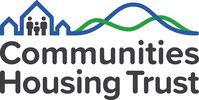
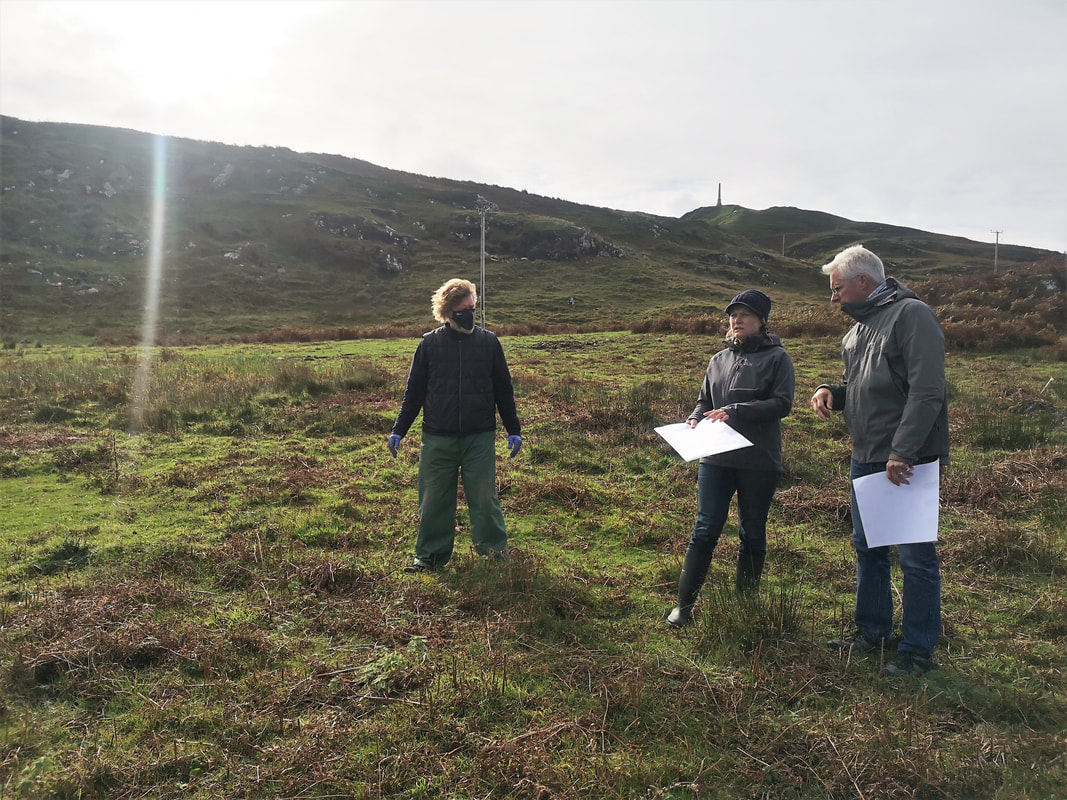
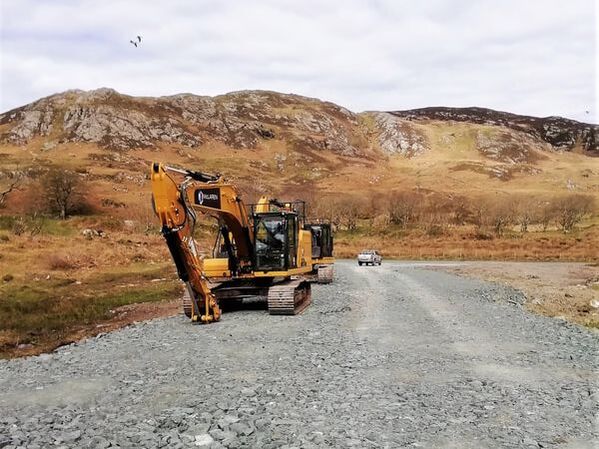
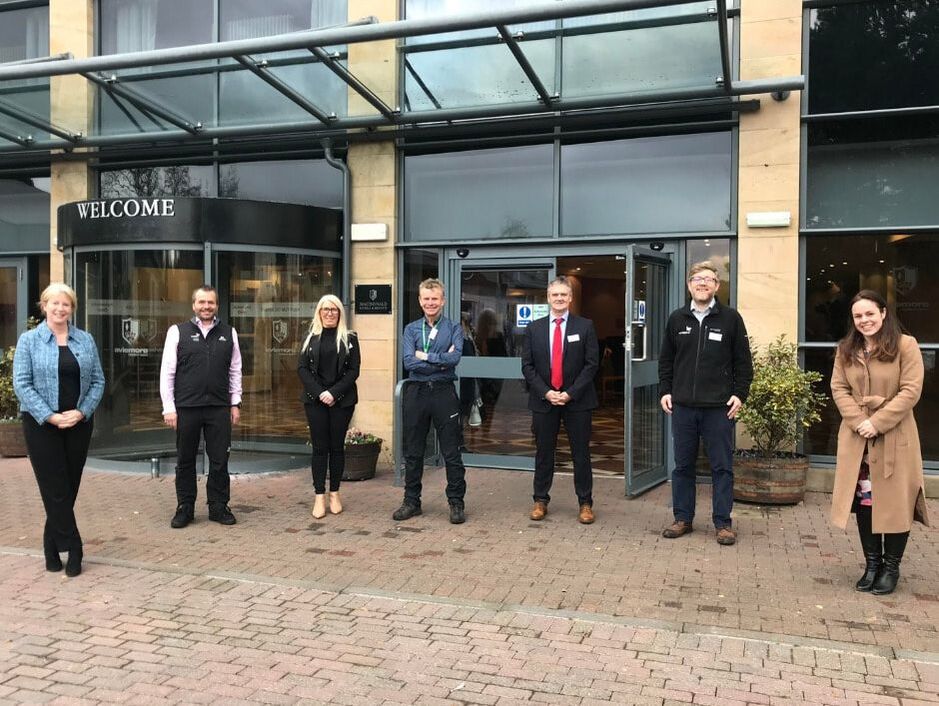
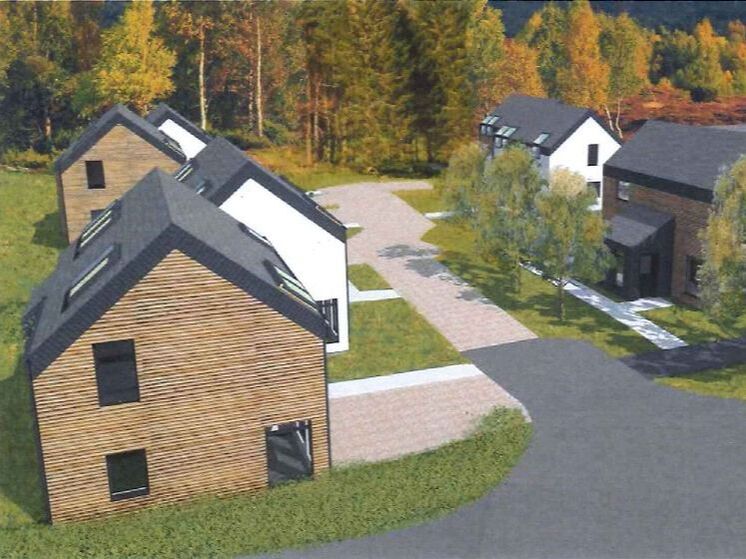
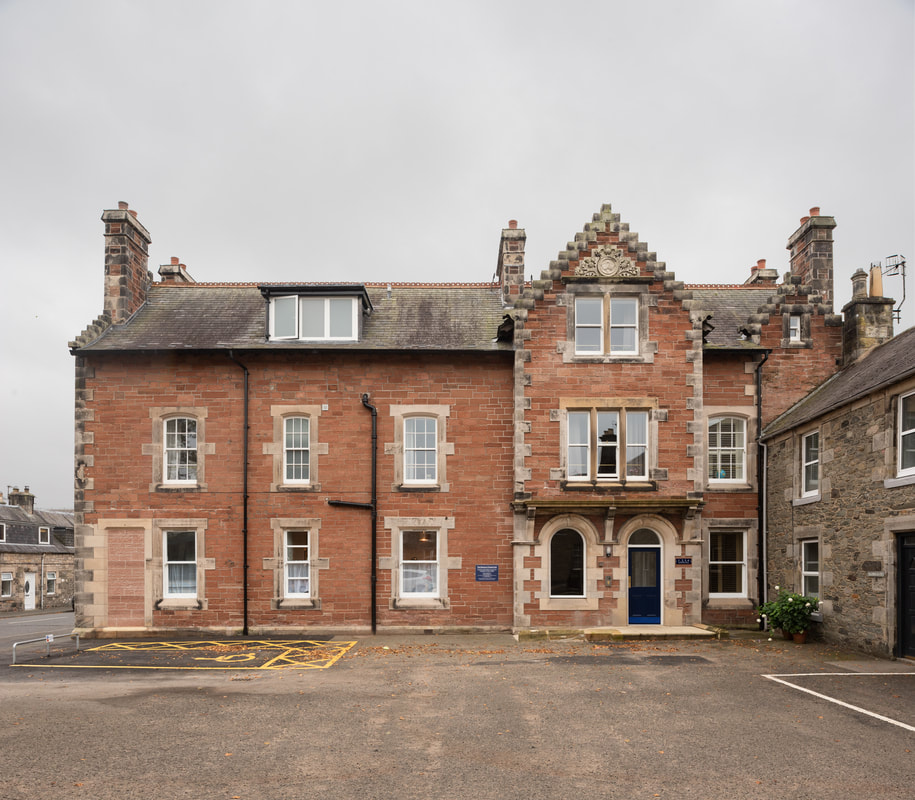
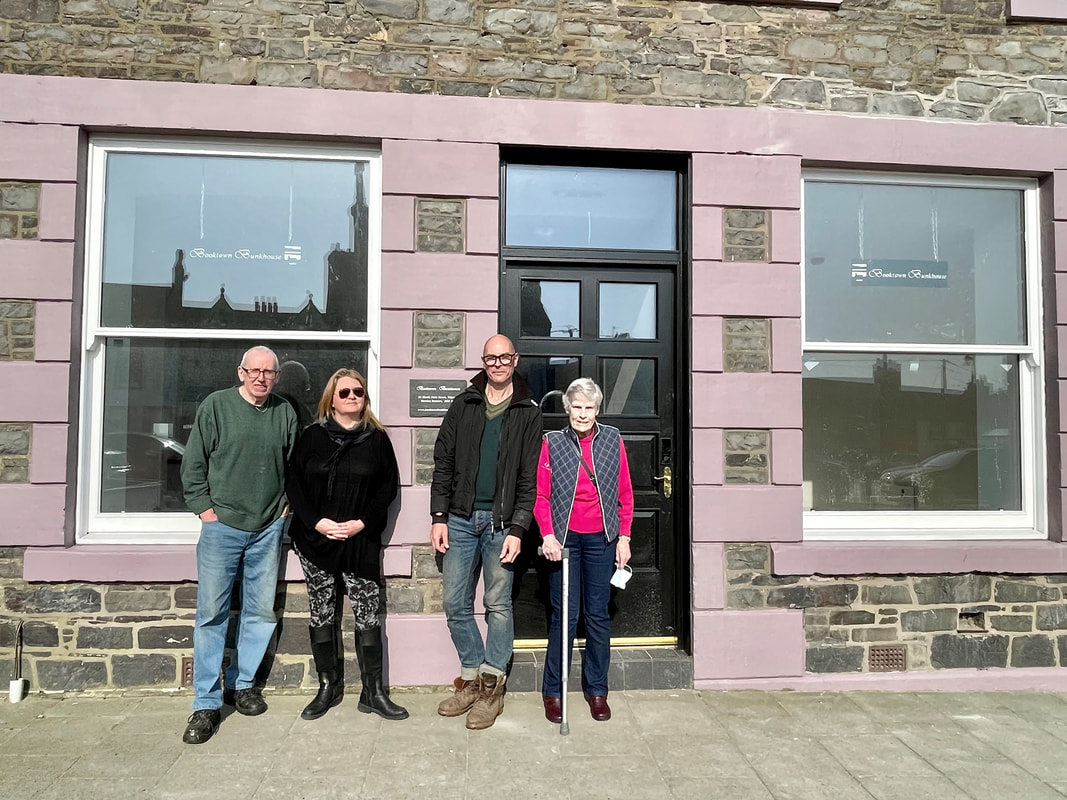


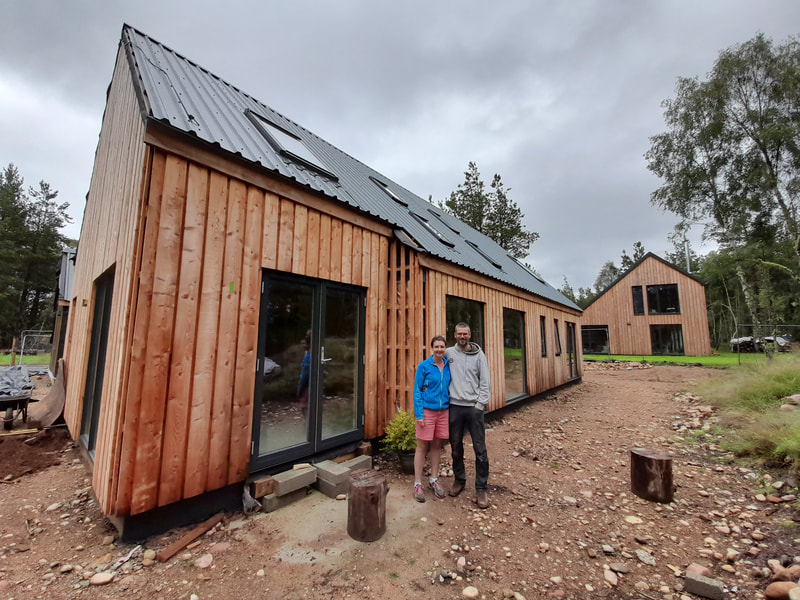

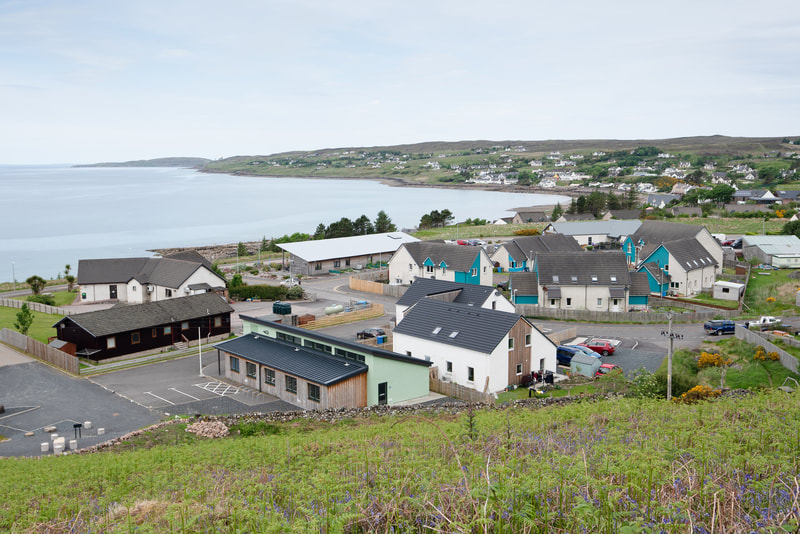
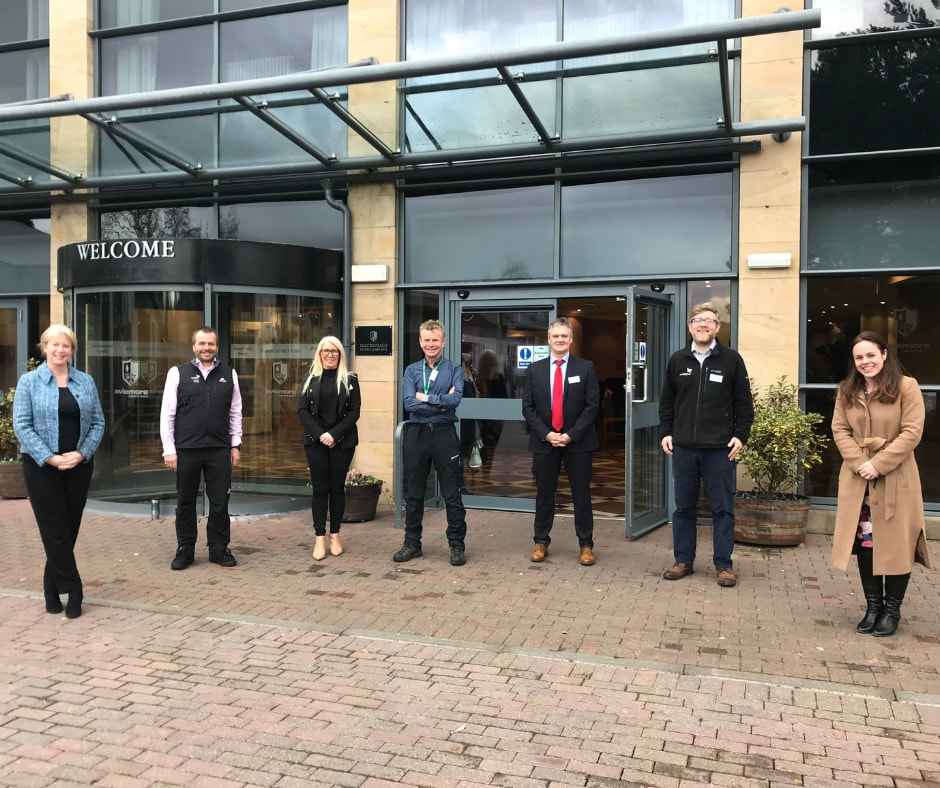
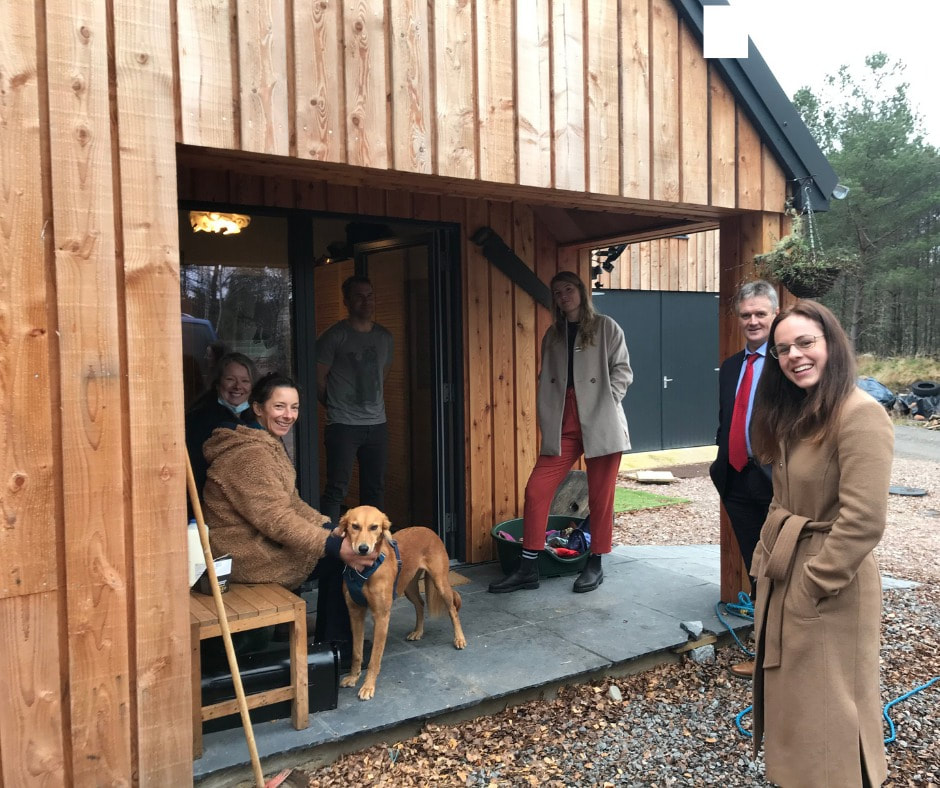
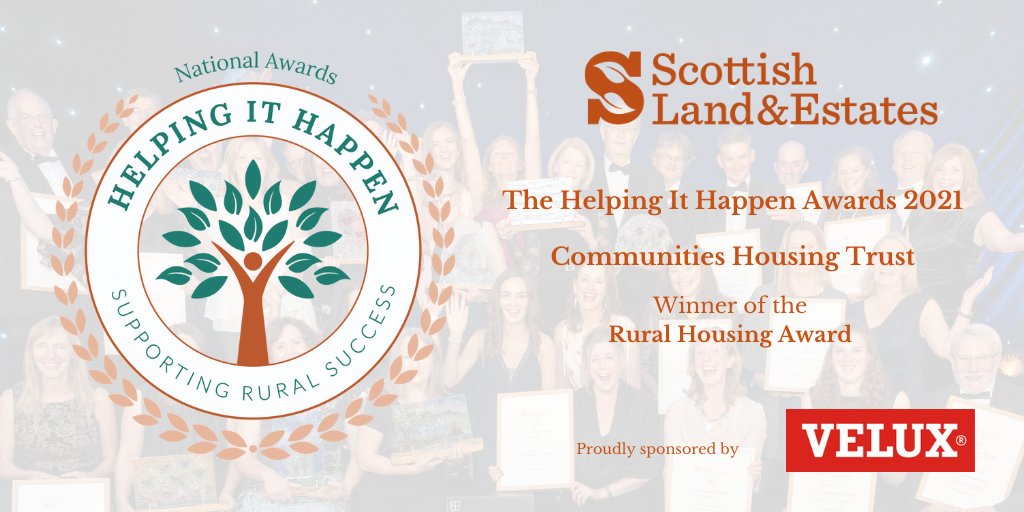


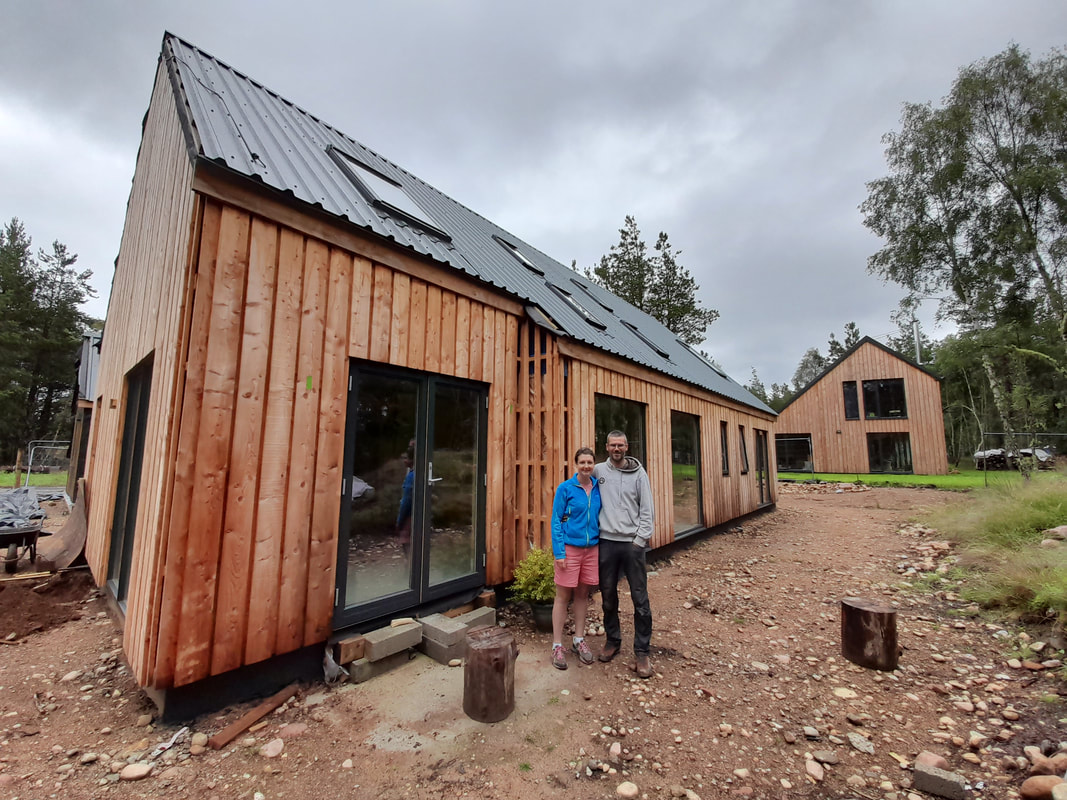
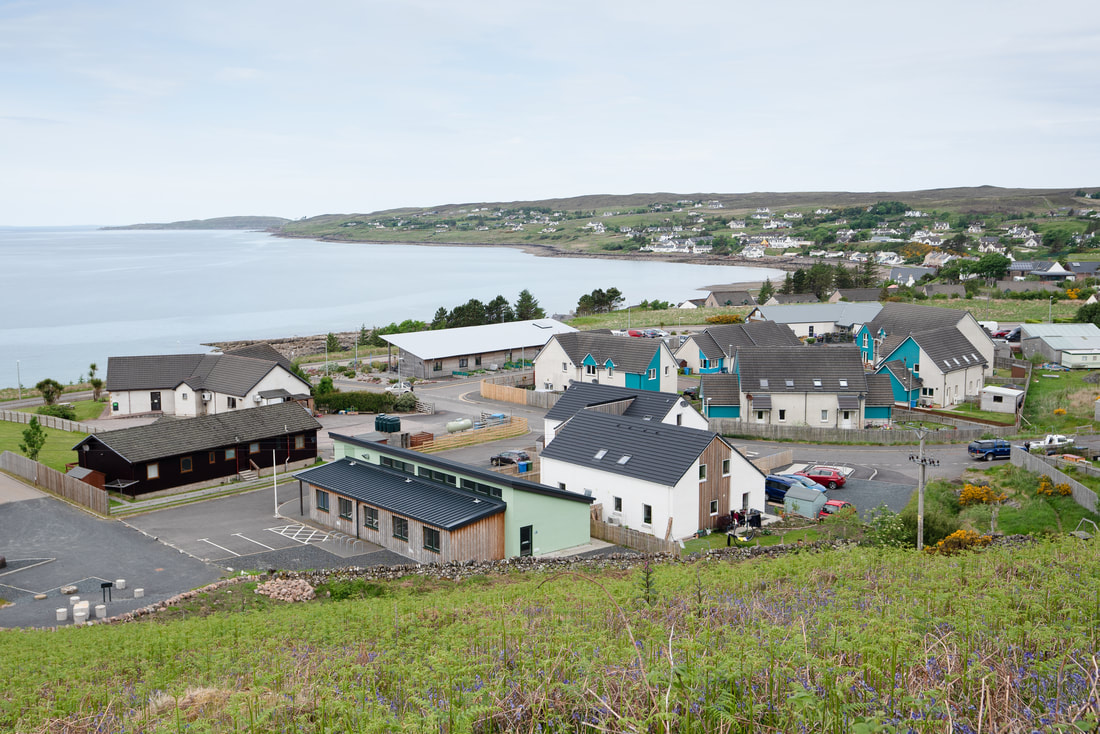
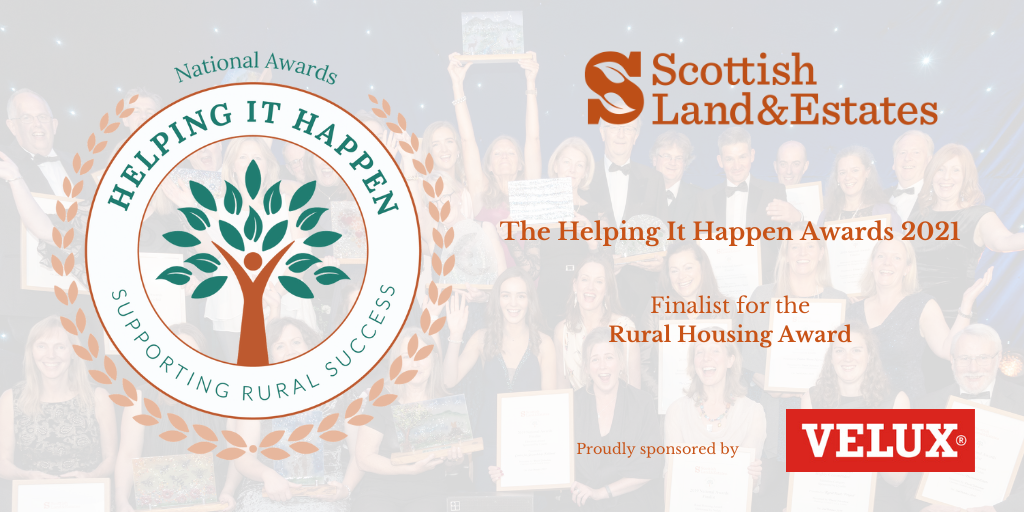
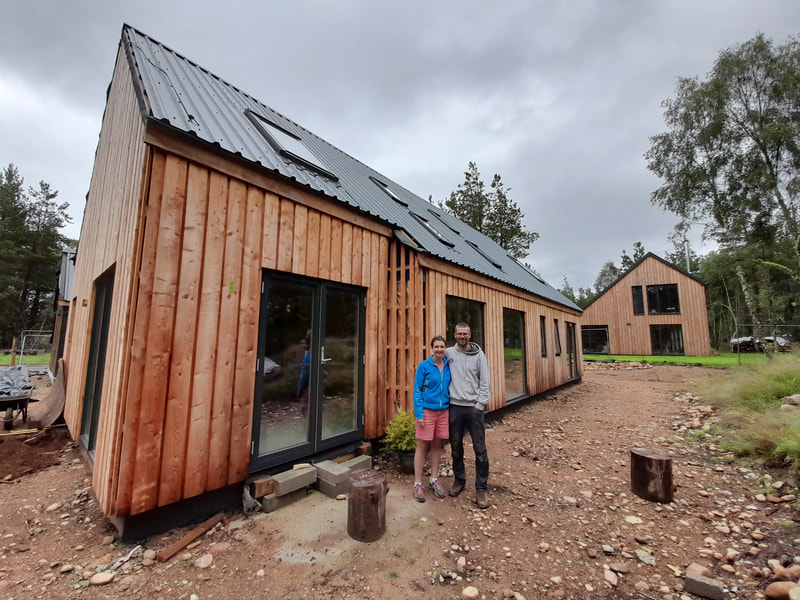
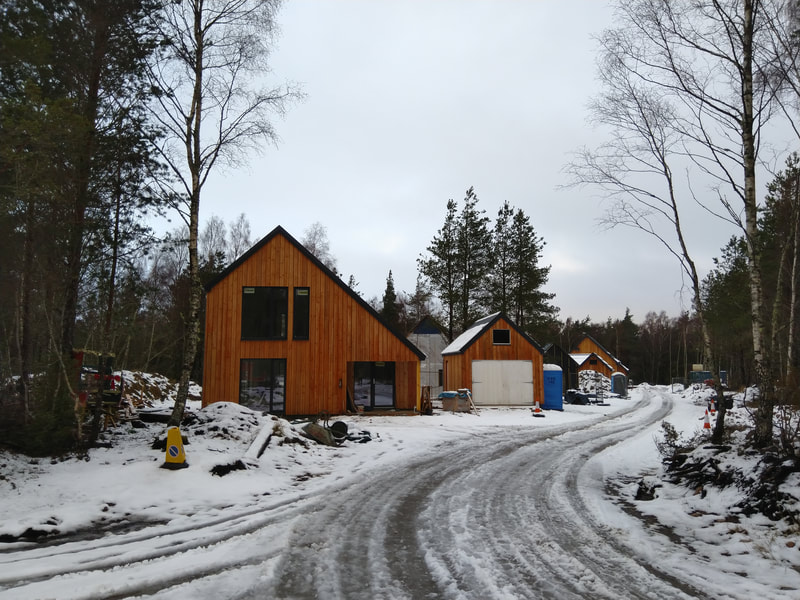
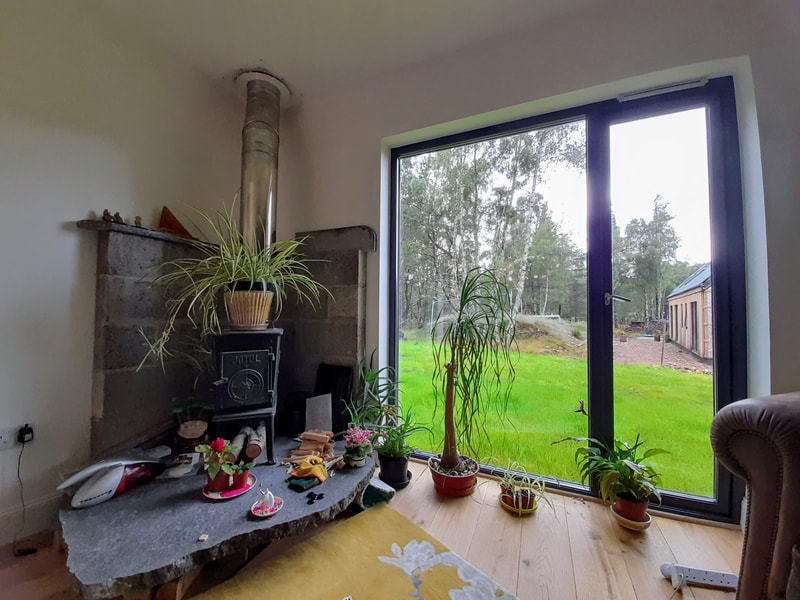
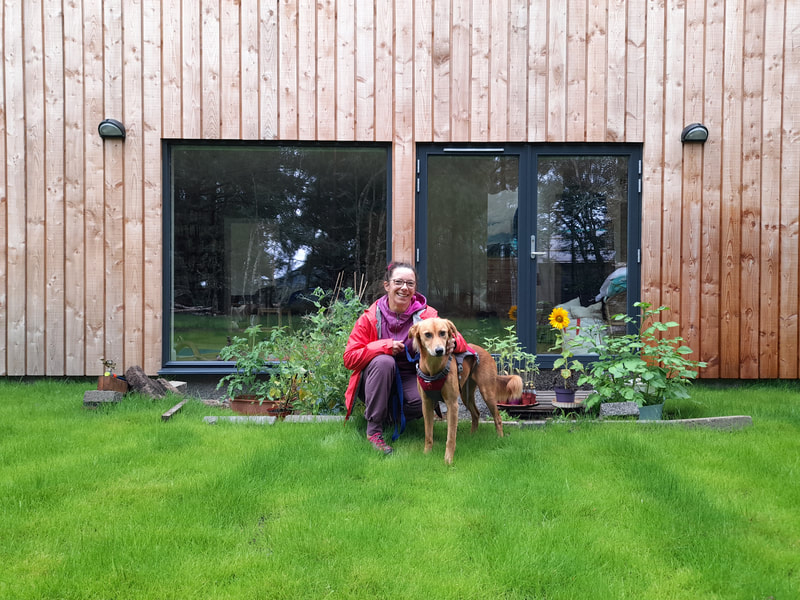
 RSS Feed
RSS Feed
